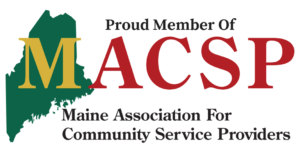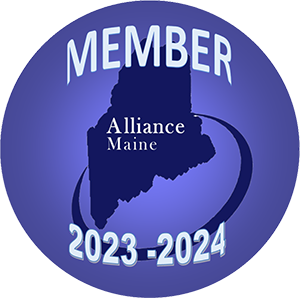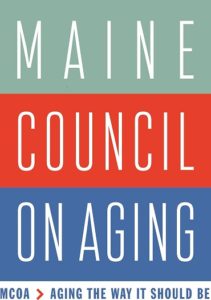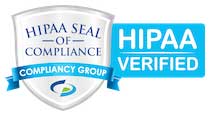For Employees
Supervision
All direct care staff are required by state regulations and Assistance Plus to attend up to four (4) hours of clinical group supervision monthly. The supervisions are offered twice a month for a four(4) hour session.
Clinical group supervision is meant to be informative and helpful. Our clinical team prides themselves in making your clinical time in supervision informative and enjoyable.
Please keep in mind we must comply with state mandates and Assistance Plus strictly enforces full compliance to clinical group supervision. Failure to attend four (4) hours of clinical group supervision monthly will result in disciplinary action.
Mandated Reporter Resources
Below are guides for adult & children's mandated reporter information. These guides are NOT REQUIRED and are listed here as a reference for further education if needed.
APS Mandated Reporter Training 2020
Children's Mandated Reporter Training 2020
is now administered by JPMA Staff Development Solutions.
How to sign up with JPMA for Free
Rising Star Nominations
Rising Star Nomination Form 2025
Assistance Plus Apparel Choices
To order:
Please email Stacey Mannke () with any apparel items you would like to order (include product number, size, and color).
General Apparel:
https://www.companycasuals.com/BANDBEMBROIDERY/b.jsp?id=127&ln=127
Scrubs:
https://www.companycasuals.com/BANDBEMBROIDERY/b.jsp?id=18036699&ln=18036668-18036699
Holidays 2025
01/01/2025 New Year’s
01/20/2025 Martin Luther King Day
02/17/2025 President's Day
05/26/2025 Memorial Day
07/04/2025 Independence Day
09/01/2025 Labor Day
10/13/2025 Indigenous Peoples' Day
11/11/2025 Veteran's Day
11/27/2025 Thanksgiving
11/28/2025 Employee Appreciation
12/24/2025 Employee Appreciation
12/25/2025 Christmas
01/01/2026 New Year’s
Personal Support Specialist Online Course
Our on-line personal support specialist course is a great way to get started in the healthcare profession, and requires no prior medical/caregiver training. This training provides you with the opportunity to obtain gainful employment in home health, residential care, adult daycare, and other clinical settings. Twenty hours (24) of this fifty (50) hour course may be applied toward a certified nursing assistant program and must be applied within two years of completing this course.
On-line study allows you the freedom to learn in the privacy of your home and at your own pace. You must complete all fifteen (15) modules of this course in six (6) months or less. This fifty (50) hour course consists of an on-line classroom, homework questions, videos, quizzes, and a full day in our skills lab. Our nursing instructors are state approved by the Office of Aging and Disability Services. Their flexibility and professionalism will enable you to achieve ultimate success.
Are you a C.N.A., RN, or LPN issued a license/certificate in Maine? Our test-out course is completed in one day at our Benton location. You will complete a 100 question quiz and demonstrate skills in our skills lab. The test-out is free for agency employees working as a PSS. If you are from out of state, you must contact licensing in Maine to determine eligibility to test-out.
Please feel free to contact Johnna Bowen, RN MBA, 1-800-781-0070, ext. 411, with any questions.












